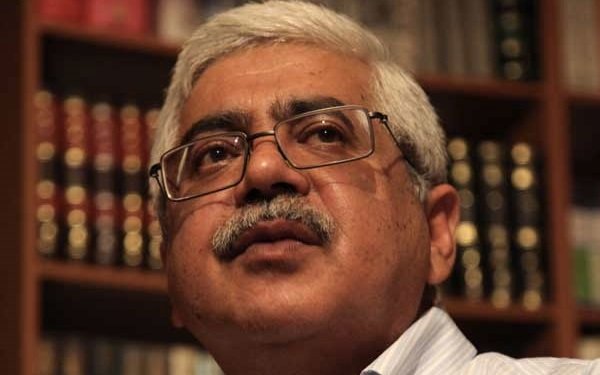Trump’s Mid-East policy with Bolton’s appointment

TEHRAN - Friday, April 6 was the last working day for General H.R. McMaster as the White House national security advisor, and on Monday John Bolton taken over the helm of the position.
In the past few days, two important articles were published on the possibility of a war with Iran. One, written by Stephen Walt, a renowned American researcher and author of the book “Israeli Lobby and the U.S. Foreign Policy”, whose article was published in Foreign Policy, and the other article was by Dick Krickus professor of American Military University in the National Interest.
I don’t suppose the two articles will be sufficient to understand Trump’s new policy in the Middle East such as the recent controversial Mohammad bin Salman’s trip to the U.S. and the appointment of John Bolton as the head of U.S. national security advisor.
American policy in the Middle East runs on the basis of the “military-industrial complex”, a gigantic private sector, essentially a Pentagon contractor, that generates huge profit, part of which goes to the regional Mafia-run companies like Jenny Energy in Newark, New Jersey that eyes the gas and oil of the Golan Heights in Syria. Behind the scenes, Israeli Prime Minister Benjamin Netanyahu and General afrim ethemi also benefit from the company’s profit.
Dick Chaney, Rupert Murdock and Lord Jacob Rothschild are the main holders of Jenny Energy and Nathaniel Philip Rothschild, son of Lord Rothschild, has been operating affiliated company Genel Energy in Iraq’s Kurdistan region for a while. Nathaniel Rothschild, a former boyfriend of Ivanka Trump, is now a friend of the couple, Ivanka and Jared Kushner.
The military-industrial complex also includes British massive weapons companies, which are intermediaries in the Pentagon's large contracts, such as the $200 billion contract with George W. Bush administration following the September 11 attacks, worth noting that George Bush has ties with the Lockheed Martin.
Trump’s recent remarks, once again showed that the policy of direct military intervention in the Middle East, which was emerged at the end of the George W. Bush administration created a major political-economic crisis for the U.S., a challenge that has no chance of recovery any time soon.
From this perspective, Trump acted similar to Barak Obama who came to power with a wave of rebellion against George Bush’s militarism in the Mid-East and with the slogan of ending U.S. military presence in that region.
However, Trump’s deep ties with the world Mafia in the Middle East and his and his son-in-low’s close relations with Saudi’s Mohammad bin Salman prove the U.S. intervention policy in the Middle East continues on even at a greater and more intrusive manner in the future.
Leave a Comment